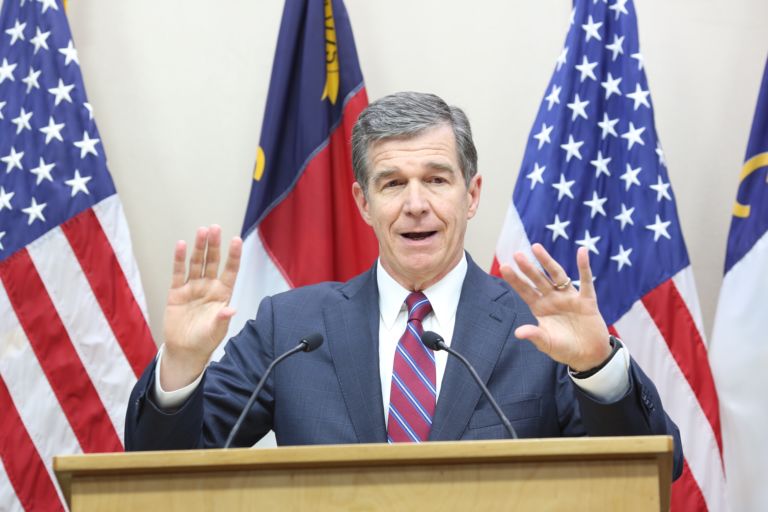Robert Pondiscio writes for Commentary about government’s increasing encroachment on parental education rights.
In 1925, the U.S. Supreme Court overturned an Oregon law requiring that parents or guardians send their children to public school in the districts where they lived. The Society of Sisters, which ran private academies, claimed that the law interfered with the right of parents to choose religious instruction for their children. The Court agreed, unanimously. States are permitted to run and regulate schools, even to require that all children receive an adequate education. But the Justices held that the state may not “unreasonably interfere with the liberty of parents and guardians to direct the upbringing and education of children under their control.”
The decision in Pierce v. the Society of Sisters featured one of the more memorable turns of phrase in Supreme Court history. “The child is not the mere creature of the State,” wrote Justice James C. McReynolds. “The fundamental theory of liberty upon which all governments in this Union repose excludes any general power of the State to standardize its children by forcing them to accept instruction from public teachers only.”
The notion that the state must not interfere with parents and their right to direct their children’s upbringing and education has cast a long shadow over U.S. education. But now, nearly a century after Pierce, the state seems increasingly inclined to relitigate the matter—if not in court, then in practice and policy in America’s public schools. There is a rising and unmistakable tendency on the part of teachers and school districts to assume that government is better positioned than a child’s parents to judge what’s best for children and to act on that assumption, often aggressively, making critical decisions about children’s upbringing and well-being without their parents’ consent or even their knowledge.


